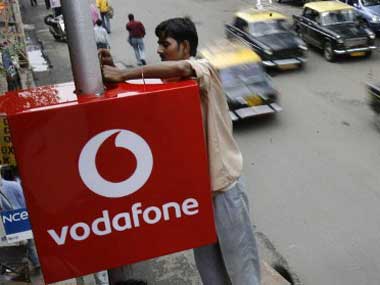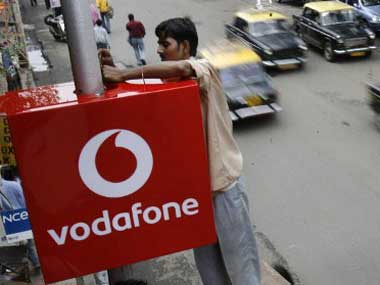The formidable OECD is fighting the multinational corporations’ transfer pricing capers. MNCs have a rich repertoire of tax tricks to frustrate tax authorities. The inland revenue department of the US was peeved with Apple for shifting bulk of its profits to Ireland, a country that has been positioning itself as a latter day, if miniature, version of Switzerland. When international pressure especially from the US and its ally the UK was brought to bear on it, it admitted to indulging in tax capers but justified it on the ground that it had a compelling reason to do so - providing employment to its people. [caption id=“attachment_2131807” align=“alignleft” width=“380”]  AFP[/caption] The point is MNCs protest their innocence overmuch. It is common knowledge that they set up reinvoicing centers at salubrious tax climes like Caman Island, British Channel Island etc to hoodwink tax authorities especially of countries that have a heavy tax rate. This is called profit shifting which along with base erosion constitutes a formidable tax evasion stratagem. The OECD now says enough is enough. We in India have a tough transfer pricing tax code to frustrate the designs of the MNCs but our government subjected to intense pressure from the MNC lobbies has been capitulating. So powerful is the pressure from vested interests that the government is made to feel wrong is right and right is wrong. First, the then finance minister Pranab Mukherjee was pilloried for making a retrospective amendment in 2012 to get a capital gains tax of Rs 12,000 crore from Hutchison of Hong Kong which sold its telecom business to Vodafone through a convoluted and contrived transaction in Cayman Islands. The Bombay High Court upheld the vicarious tax claim on Vodafone in its capacity as representative assessee but the Supreme Court upturned it on the limited ground that Section 9 (1) of the Income-Tax Act that deemed certain foreign incomes as Indian failed to specifically includes transfer of controlling interests in Indian companies consummated abroad. The apex court said business connection rule wasn’t elastic enough to rope in share transfers giving rise to capital gains. Mukherjee only took the cue from the apex court to supply the power to tax authorities retrospectively by filling the void but gung-ho market fundamentalists cried foul and Mukherjee was kicked upstairs to the office of President by the UPA. The Vodafone retrospective amendment came as a convenient handle for vested interests to mount a vicious campaign that went to the extent of branding India as tax terrorist state. What followed was needless coyness bordering on self-flagellation. The Bombay High Court last year virtually disowned our transfer pricing code enshrined in our income tax law without striking down the provisions when it said in Vodafone (a different case) and Shell cases that there was no tax avoidance and transfer pricing rules could not be invoked when foreign parents of Indian subsidiaries helped themselves to shares of the latter at throwaway prices. The Court found substance in the self-serving argument that these were capital transactions. Touché! The law says clearly that the transfer pricing regime is designed to frustrate tax avoidance and can go to the extent of reaching out to transactions that are capital in nature to get to the bottom of the truth. The department rightly contended that MNCs arm-twisted their subsidiaries to pay less for their products and service and in lieu thereof allot shares dirt cheap. Surprisingly, the attorney general advised the government not to appeal to the Supreme Court so the government could worm back into the hearts of foreign investors. Now comes yet another verdict from the Bombay High Court, this one once again involving Vodafone on a matter involving sale of its Indian call centers to Hutch. The Tribunal had upheld the department’s claim that this was an international transaction and hence came under the mischief of the transfer pricing regime but the Bombay High Court on 8 October 2015 has ruled that the transaction wasn’t international in the first place. The subject matter of the transaction may be located in India but at least one party is a non-resident so as to give it an international status. Hence the department’s hands are once again tied - it cannot reach out to the huge capital gains of the order of Rs 8,500 crore. It remains to be seen if the government would once again refrain from appealing to the Apex Court lest it is branded business unfriendly.
The subject matter of the transaction may be located in India but at least one party is a non-resident so as to give it an international status
Advertisement
End of Article


)

)
)
)
)
)
)
)
)



